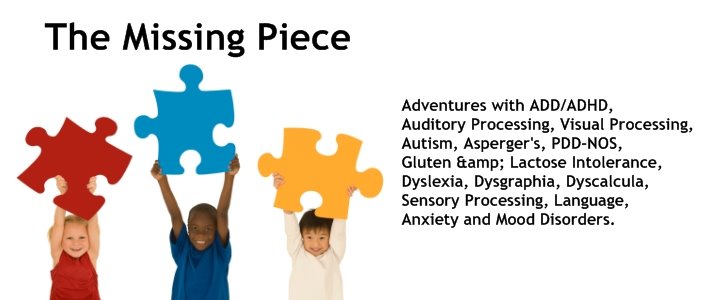 A Functional Academic Assessment is
not designed to predict the learning potential of a student like a traditional
I.Q. test. In the past a great deal of emphasis has been placed on determining
a student’s cognitive ability in order to predict how well they can learn. I.Q.
tests do not foretell a child’s potential, instead they give a measurement of
the child’s current level of mental skills which can allow us to predict how
well they will do in school at this
moment. In order to figure out what kind of help is needed you have to look
for the cause of the learning problem, not the symptom and you won’t find the
cause by looking at an IQ score.
A Functional Academic Assessment is
not designed to predict the learning potential of a student like a traditional
I.Q. test. In the past a great deal of emphasis has been placed on determining
a student’s cognitive ability in order to predict how well they can learn. I.Q.
tests do not foretell a child’s potential, instead they give a measurement of
the child’s current level of mental skills which can allow us to predict how
well they will do in school at this
moment. In order to figure out what kind of help is needed you have to look
for the cause of the learning problem, not the symptom and you won’t find the
cause by looking at an IQ score.
The challenge is that measuring a
student’s potential for learning does not give us information we can use to
know how to teach the student best or
how to design remediation activities in order to improve a student’s
performance. In some cases knowing a student’s I.Q. can be detrimental because
some parents or teachers may develop lower expectations for the student’s achievement.
Another reason a Functional Academic
Assessment may be the most beneficial for a student who is struggling is
because all of the areas of functioning are examined. Areas that should be
covered are visual processing, visualization skills, auditory processing,
listening skills, attention/focus, distractibility, large and small motor
skills, balance, rhythm, processing speed, reading, word attack
skills, memory, and logic, and reasoning skills. If a student has a strong
visual memory teaching them to read through sight word or whole word
instruction may seem like the logical choice but may not necessarily bring
success. Other areas of functioning must be taken into consideration such as
which visual memory is strong for a student – letters, words, sentences,
numbers, symbols, or pictures. A student may be strong in one memory
subcategory and yet very weak in another because different areas of the brain
are accessed according the type of memory being used. In order to determine the
best teaching method and potential remediation all areas of functioning must be
looked at.

No comments:
Post a Comment